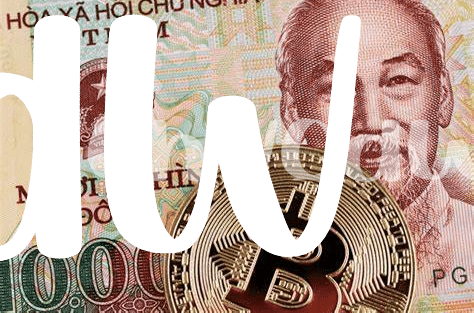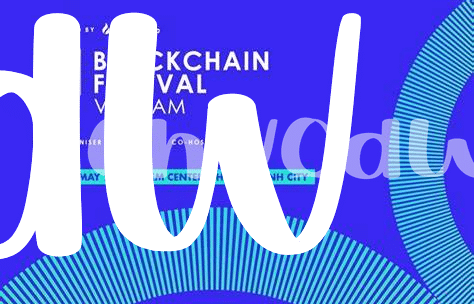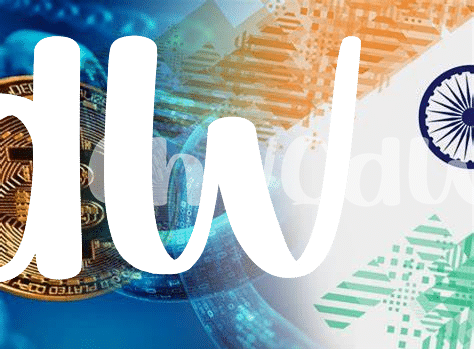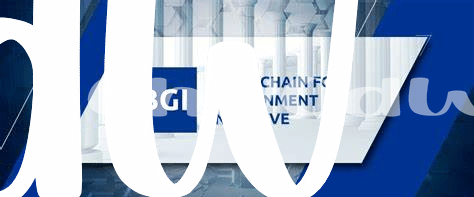Blockchain’s Role in Driving Financial Inclusion 🌐

Blockchain technology serves as a transformative tool in the realm of financial inclusion by enabling secure and transparent transactions, leading to greater access to banking services for underserved populations. Through its decentralized nature and immutability, blockchain eliminates the need for traditional intermediaries, reducing costs and enhancing efficiency in financial transactions. By providing a reliable platform for peer-to-peer transactions and digital identity verification, blockchain empowers individuals who are excluded from the formal banking system to participate in the financial landscape. This innovative technology not only fosters greater financial inclusivity but also encourages innovation in fintech solutions tailored to the unique needs of diverse communities, ultimately driving sustainable economic growth and development.
Impact of Blockchain on Banking Services 💳
Blockchain technology has revolutionized traditional banking services by enhancing security measures, increasing transaction transparency, and streamlining processes. The decentralized nature of blockchain enables real-time transactions across borders, reducing costs and time delays associated with traditional banking systems. Moreover, blockchain’s immutable ledger ensures the integrity and authenticity of financial transactions, fostering trust among users and institutions. By leveraging blockchain technology, banks can offer innovative services such as smart contracts, reducing the need for intermediaries and enhancing efficiency. This transformative impact not only improves the overall banking experience for customers but also drives financial inclusion by providing access to services for unbanked populations.
Challenges and Opportunities for Adoption 🤔

Blockchain technology presents various challenges and opportunities for adoption in Vietnam’s financial landscape. One of the main hurdles revolves around the need for widespread awareness and education about blockchain applications. Many individuals and organizations still lack a comprehensive understanding of how this technology can enhance financial services and promote inclusion. Additionally, concerns regarding data privacy, security, and regulatory compliance pose significant barriers to its adoption.
On the flip side, the adoption of blockchain technology opens the door to a myriad of opportunities in revolutionizing traditional financial systems. It offers the chance to streamline processes, reduce costs, and increase transparency in transactions. Moreover, by leveraging blockchain for financial services, there is a unique opportunity to reach underserved populations and provide them with access to banking and other financial tools. Embracing these opportunities can pave the way for a more inclusive and efficient financial ecosystem in Vietnam.
Government Support and Regulatory Framework 🏦

Blockchain technology has been met with varying degrees of governmental support and regulatory frameworks around the world. In Vietnam, authorities are increasingly recognizing the potential of blockchain in fostering financial inclusion. By establishing clear guidelines and frameworks, the government aims to create a conducive environment for innovation and growth in the financial sector. Initiatives such as those seen in Uzbekistan [government initiatives on bitcoin and blockchain in Venezuela](https://wikicrypto.news/uzbekistans-blockchain-roadmap-impact-on-digital-economy-growth) showcase the importance of proactive government involvement in embracing the benefits of blockchain technology for economic development. With a supportive regulatory environment, Vietnam is poised to leverage blockchain for greater financial inclusion and economic empowerment.
Empowering the Unbanked Population 💪
Blockchain technology serves as a powerful tool to bridge the gap for the unbanked population in Vietnam, providing access to financial services like never before. By leveraging the decentralized nature of blockchain, individuals who were previously excluded from traditional banking systems can now participate in the digital economy with ease. This newfound access empowers the unbanked to take control of their finances, build savings, and engage in transactions securely. Through innovative solutions offered by blockchain, financial inclusion becomes more than just a concept but a tangible reality for those who have long been marginalized. By embracing blockchain technology, Vietnam can uplift its unbanked population, paving the way for a brighter and more inclusive financial future.
Future Prospects for Financial Inclusion in Vietnam 🚀

In Vietnam, the future prospects for financial inclusion appear promising, with blockchain technology poised to play a significant role. The potential to extend banking services to unbanked populations through decentralized systems offers a hopeful outlook for greater financial accessibility and security. In leveraging blockchain solutions, Vietnam can overcome traditional barriers and reach underserved communities, paving the way for a more inclusive financial landscape that empowers individuals and drives economic growth.
For further insights into government initiatives related to blockchain and cryptocurrency, explore the developments in Uruguay, highlighting the steps taken towards embracing this transformative technology.
